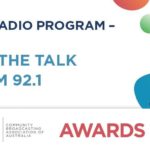There’s more than one way to speak English.
But too often, kids who speak other varieties of English find themselves on the wrong side of their teachers. How can educators — and everyone else — avoid linguistic discrimination and value the different kinds of English all around us?
Daniel Midgley speaks with author and educator Anne Charity Hudley on this episode of Talk the Talk.
Listen to this episode
You can listen to all the episodes of Talk the Talk by pasting this URL into your podlistener.
http://danielmidgley.com/talkthetalk/talk_classic.xmlPromo
Show notes
Turning on spell check made good spellers worse.
http://www.education.com/magazine/article/spell_check/
Spell checkers aren’t normally sensitive to context.
http://blog.dictionary.com/autocorrect/
But Google Docs is. Try some of our sentences yourself.
https://docs.google.com/
The Facebook group for the 2014 Indigenous Language Challenge
https://www.facebook.com/groups/539092832857899/
Forget Ice Water, Take the Indigenous Language Challenge Instead
https://globalvoicesonline.org/2014/11/12/forget-ice-water-take-the-indigenous-language-challenge-instead/
About the Indigenous Language Challenge
http://www.ourlanguages.net.au/news/international/item/1190-the-indigenous-language-challenge.html
Which English You Speak Has Nothing to Do With How Smart You Are
http://www.slate.com/blogs/lexicon_valley/2014/10/14/english_variation_not_related_to_intelligence_code_switching_and_other_ways.html
We Do Language: English Language Variation in the Secondary English Classroom
http://charityhudleymallinson.com/wdl/
Audio from Language in Baltimore: “As you listen, you’ll hear the teachers talk about how learning about language variation positively affected their teaching practices and their relationships with their students, and how they have gained the information and confidence to be able to work more effectively with culturally and linguistically diverse students in their classrooms. You’ll also hear the creative and insightful strategies and practices that the teachers have used in their classrooms to engage with their students and to support linguistically informed teaching.”
http://baltimorelanguage.com/language-variation-in-the-classroom-podcast/
Video from Christine Mallinson: Language variation professional development
http://youtu.be/tHmDm56Irbk
Anti-bullying movement to define “upstanders” has meaning
http://www.mycentraljersey.com/story/sports/high-school/football/2014/11/10/sayreville-football-upstander-bullying-dictionary-definition/18823149/
Sign the Change.org petition
https://www.change.org/p/oxford-dictionary-define-the-word-upstander
Ships in the Night 7, featuring Daniel
https://www.facebook.com/shipsnight










12 November 2014 at 7:22 am
The Québec study has been seriously misrepresenteed in the media. I bothered t k u the original, and to read it — and it does NOT support cursive over any of the other kinds of handwriting. (Details on request.)
Kate Gladstone — CEO, Handwriting Repair / Handwriting That Works
DIRECTOR, the World Handwriting Contest
http://www.HandwritingThatWorks.com
22 November 2014 at 12:27 am
Hi, Kate. Thanks for writing in.
I also read the article, and it says that the cursive group progressed the most on syntax and word production. The authors also found that the cursive kids did better at word recall, and they thought that having words all tied together as a unit might have helped this.
So — what's the story here?